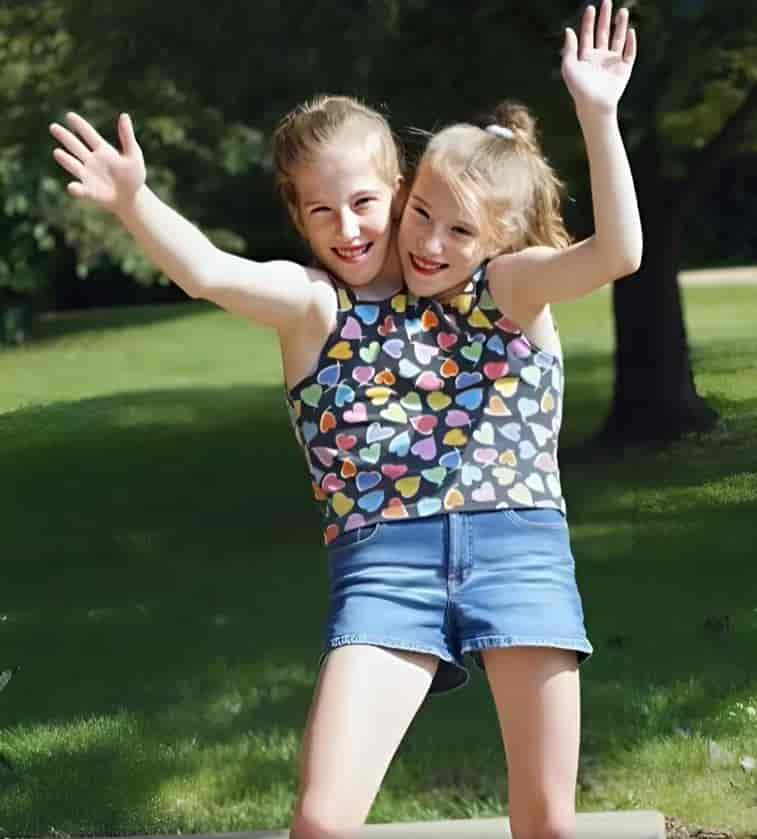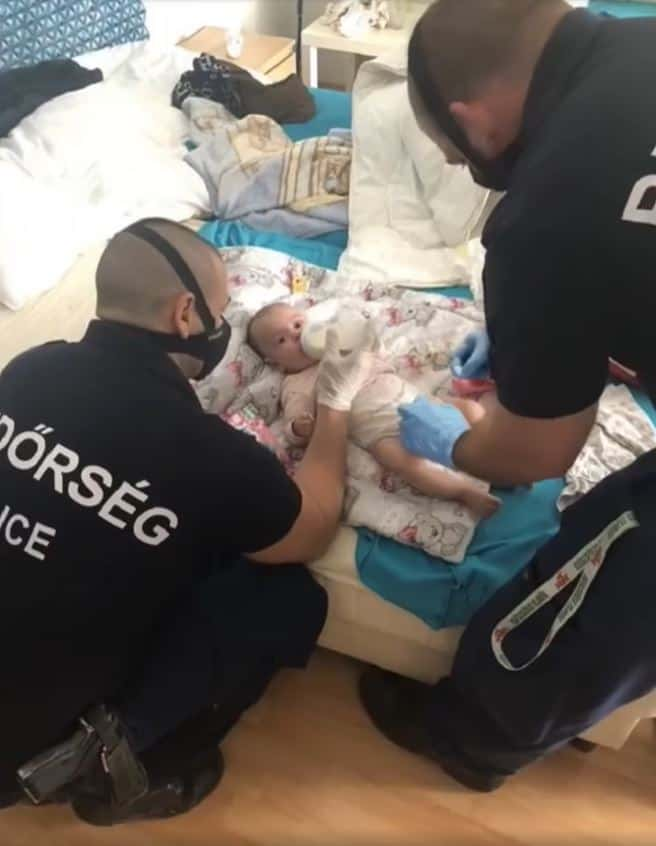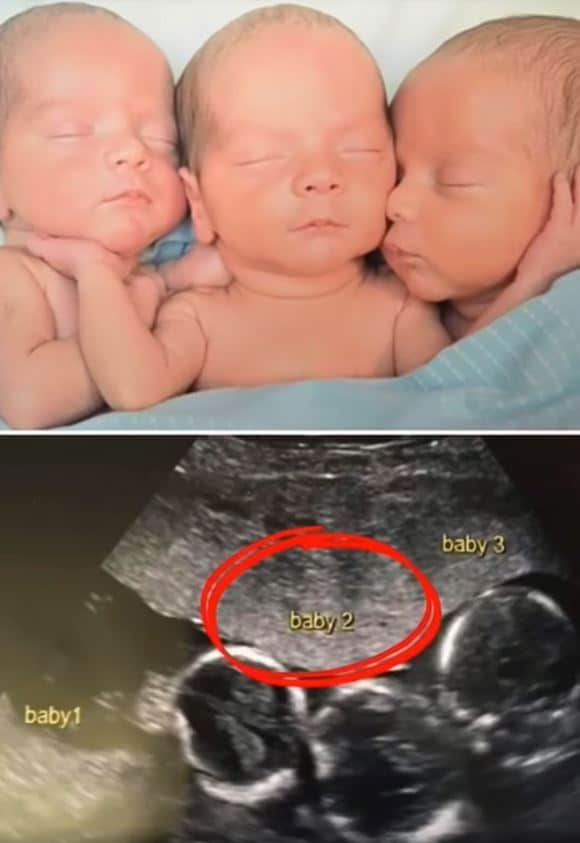“Help Me”: A Bride’s Silent Cry Hidden in Her Vows Changed Everything

After more than twenty years of officiating weddings, I thought I had seen just about everything.
Tears of joy. Nervous laughter. Family drama. Elaborate dresses and whispered cold feet.
I had seen couples nearly forget their vows, parents faint in the front row, even a groom propose mid-ceremony because they’d never officially gotten engaged.
But nothing—absolutely nothing—prepared me for what happened on that quiet spring afternoon in a country church outside of town.
That day, I realized that a wedding isn’t always the beginning of a shared life.
Sometimes, it’s the first moment someone gets to begin their own.
A Strange Stillness Before the Ceremony
The church was full. Sunlight streamed in through the stained-glass windows, casting soft hues of pink and gold across the pews. The bride’s family had flown in from out of state. The groom’s friends were already two drinks in from the pre-ceremony celebration.
I stood near the altar, shuffling through my notes. I’d been hired last-minute after another officiant canceled. I didn’t know the couple well, but the bride had sent over her vows for me to review, as I was to read them aloud during the ceremony.
She said she was too nervous to speak them herself.
When I unfolded the paper, I noticed something odd.
Tucked lightly between the printed lines, written in faint pencil, were three words:
“Help me. Please.”
Her Eyes Told Me Everything
At first, I wondered if I was imagining it. The words were so faint—like she had barely dared to write them.
Then I saw her, standing at the back of the aisle in her white dress. Her smile looked fixed, almost too perfect. Her hands trembled slightly as she clutched her bouquet.
And when our eyes met, something passed between us. It was quick. But it was real.
She meant it.
This wasn’t nerves.
This was fear.
“Does Anyone Object?”
I stood at the altar, her vows in my hand, my heart suddenly racing. The ceremony began, and I could barely focus on my words. I watched her closely—her posture, her hesitations, the way her shoulders tightened when the groom leaned in.
Then came the moment in every traditional ceremony:
“If anyone objects to this union, speak now or forever hold your peace.”
Silence.
But I couldn’t hold mine.
I took a breath, and with all the steadiness I could muster, I said:
“I do.”
The Room Fell Silent
You could’ve heard a pin drop.
Guests gasped. The groom’s face turned crimson with rage.
But I didn’t look at him.
I looked straight at her.
And I asked, in the softest voice I could manage, “Do you want to leave?”
She stared at me for a long moment.
Then the tears came.
And she whispered, “Yes.”
Walking Her Into Freedom
I stepped forward, took her hand, and walked her gently down the aisle—not toward a future bound in control, but toward freedom.
Behind the doors of that church, she finally broke down. Her words came in pieces.
It was an arranged marriage, she told me.
Her fiancé was controlling, manipulating every part of her life.
He monitored her calls, deleted her texts, chose her clothes, dictated who she could see, where she could go, and how she could think.
She’d tried to speak up.
She’d begged her family to listen.
But no one had believed her.
So she did the only thing she could.
She slipped her cry for help into her wedding vows, hoping someone—anyone—would notice.
A New Beginning with the Help of a Women’s Shelter
I contacted a local women’s shelter I’d worked with before. They responded immediately, sending a counselor and driver to meet us discreetly.
Within hours, she was moved to a safe location, given support, clothing, and legal resources.
She left everything behind—but in truth, she had nothing to begin with. Just fear and silence.
Now, she had something more: a second chance.
A Message in White Lilies
Weeks passed. The church quieted again, as it always does after a wedding rush.
One morning, a bouquet of white lilies arrived at the church office. No return address. Just a small envelope tucked inside.
The note read:
“Thank you for seeing me when no one else would.”
Weddings Aren’t Always About “I Do”
In all my years of officiating, I had believed weddings were about love. About partnership. About two lives becoming one.
And most of the time, that’s still true.
But now, I understand something deeper.
A wedding is a crossroads.
Sometimes it begins a life together.
And sometimes, it gives someone the courage to finally begin a life of their own.
What This Story Means for All of Us—Especially in Our Later Years
As we age, we carry with us the wisdom of hindsight. We see more. Hear more. Feel more than we did in our younger years. And yet, even now, we can miss the quiet cries for help—the ones hidden in plain sight.
We’ve learned to be polite. To mind our business. To assume that what’s happening behind closed doors is not ours to question.
But stories like this remind us that sometimes, doing the right thing means breaking the silence.
It means listening between the lines.
Not every person trapped in a relationship knows how to ask for help out loud. And not every form of control leaves a bruise.
Signs of a Controlling Relationship (And What to Watch For)
Whether you’re a friend, parent, sibling, or grandparent, here are subtle but powerful red flags to be aware of:
- Isolation – Are they drifting from friends or family?
- Constant checking-in – Does their partner monitor their whereabouts?
- Permission-seeking – Do they seem afraid to make decisions on their own?
- Changes in personality – Is their light dimming?
- Loss of independence – Are they restricted financially or emotionally?
If something feels off, trust your instincts. Ask gentle questions. Offer an open door, a phone number, a listening ear.
Because you never know when your voice—your presence—could be the lifeline someone needs.
A Different Kind of “Yes”
The vows she never got to read aloud ended with this:
“And if ever I feel unsafe, unseen, or unheard,
I promise—my ‘yes’ will belong to myself.”
That’s a vow we could all stand to take.
Whether in our 30s or 70s, whether married or not, we deserve relationships that honor our autonomy, protect our spirit, and celebrate our truth.
Because sometimes, the most sacred moment in a wedding isn’t saying I do to someone else—
It’s finally saying it to yourself.
 Fact Stream Daily
Fact Stream Daily



